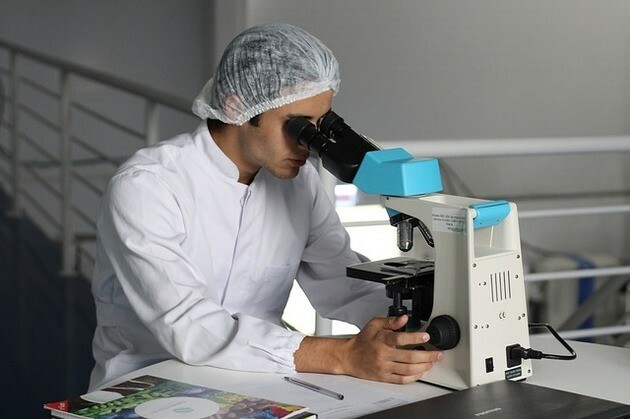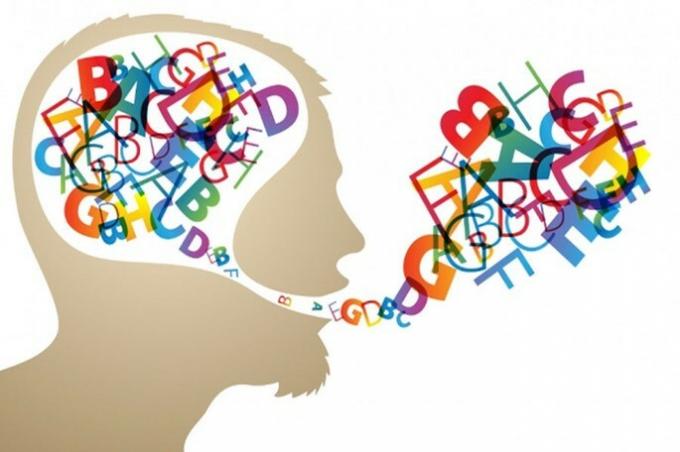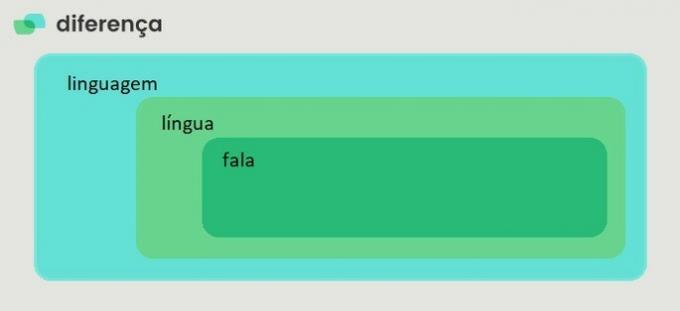Exact, human and biological sciences are the three main areas of knowledge.
While the exact sciences use mathematics and logic to solve problems, the humanities study society, human beings and social phenomena. Biological studies, on the other hand, study living beings and their origin, evolution, functioning and relationship with the environment.
| Exact Sciences | human | biological | |
|---|---|---|---|
| Focus | Use of mathematics and logical reasoning to solve problems and test hypotheses. | It uses statistical studies and social reports to compose a better understanding of society, social relations and culture. | They use experimentation and research, at micro and macro levels, to understand living beings and their relationship with the environment. It is also the area that studies health issues. |
| Related areas at school | Mathematics, physics and chemistry | History, geography, sociology and philosophy. | Chemistry, physics and biology. |
| Elements | Logical reasoning. | Philosophy, communication and beauty. | Experimentation. |
| main courses | Engineering, computer science, statistics, physics, chemistry. | Philosophy, sociology, political science, social communication, anthropology, history, linguistics, pedagogy, economics. | Zoology, medicine, genetics, molecular biology, physiology, physiotherapy, physical education, pharmacy. |
| Desired characteristics | Creativity, concentration and innovation. | Communicative people, who enjoy reading and with good critical sense. | Concentration, dedication, as well as affinity in handling animals and people. |
Despite the division between the exact, human and biological sciences, most courses and professions are not restricted to just one of the areas, mixing with other sciences. However, for the sake of comparison, see more about these three areas of knowledge.
exact Sciences

The exact sciences have logical reasoning as their main characteristic, and have mathematics, chemistry and physics as fundamental elements. This science is one of the oldest, being used since antiquity to solve problems and test hypotheses.
Among the main careers related to the exact sciences we can mention:
- Engineering;
- Mathematics;
- Physical;
- Chemical;
- Architecture;
- Computer Science;
- Astronomy;
- Industrial draw;
- Game Design;
- Information systems.
Human Sciences

The human sciences refer to areas of knowledge that have human beings and their relationships as the object of study. Its fundamental elements are philosophy (in the pursuit of understanding man), beauty (relating art and culture), and communication (involving linguistics, politics and information).
At the same time that this area uses theoretical characteristics, as in philosophy, it also has practical areas, as in journalism and law, and subjective ones, which is the case of the arts. Economics, on the other hand, despite using numbers, is also considered a human science because it is based on human needs.
The professions and related courses use statistical studies and social reports, in the search for a better understanding of society, social relations and culture.
Some of the main careers related to the humanities are:
- Political sciences;
- Social Sciences;
- Movie theater;
- Social Communication;
- Right;
- Economy;
- Philosophy;
- Geography;
- History;
- Journalism;
- Letters;
- Pedagogy;
- Advertisement Advertising;
- International relations;
- Public relations;
- Social service.
biological Sciences
Biological sciences are composed of courses and professions that study living beings, on micro and macro scales, and their relationship with the environment. For this, this area uses experiments and research.
As this science is responsible for studying the origin of beings, their evolution and functioning, it also includes the areas of health.
Some of the top careers related to the biological sciences are:
- Zoology;
- Medicine;
- Nursing;
- Biochemistry;
- Genetics;
- Molecular biology;
- Biomedicine;
- Veterinary;
- Environmental management;
- Physiology;
- Physiotherapy;
- Physical education;
- Pharmacy.
See also the difference between:
- college and university
- Degree, Bachelor and Technologist




